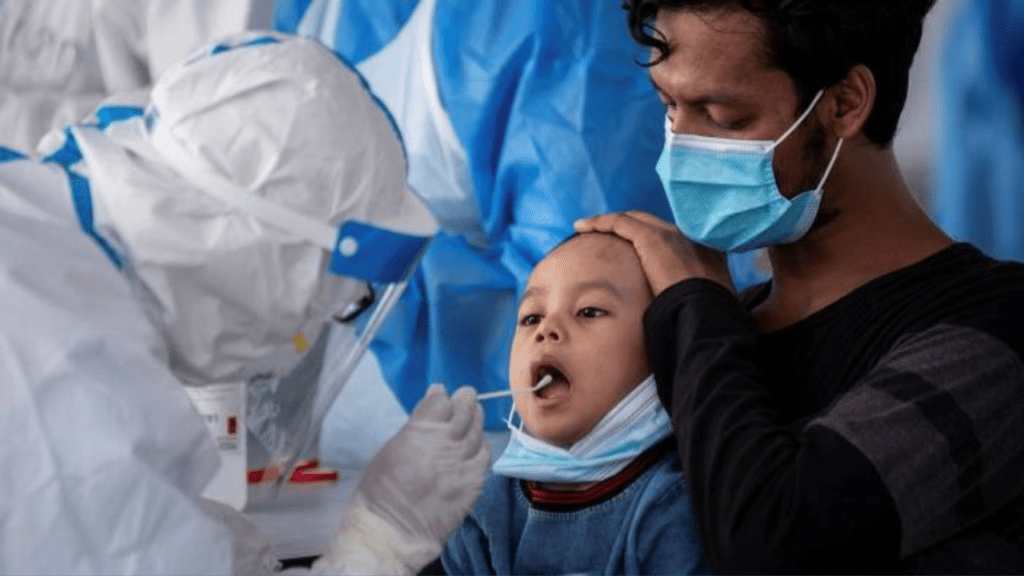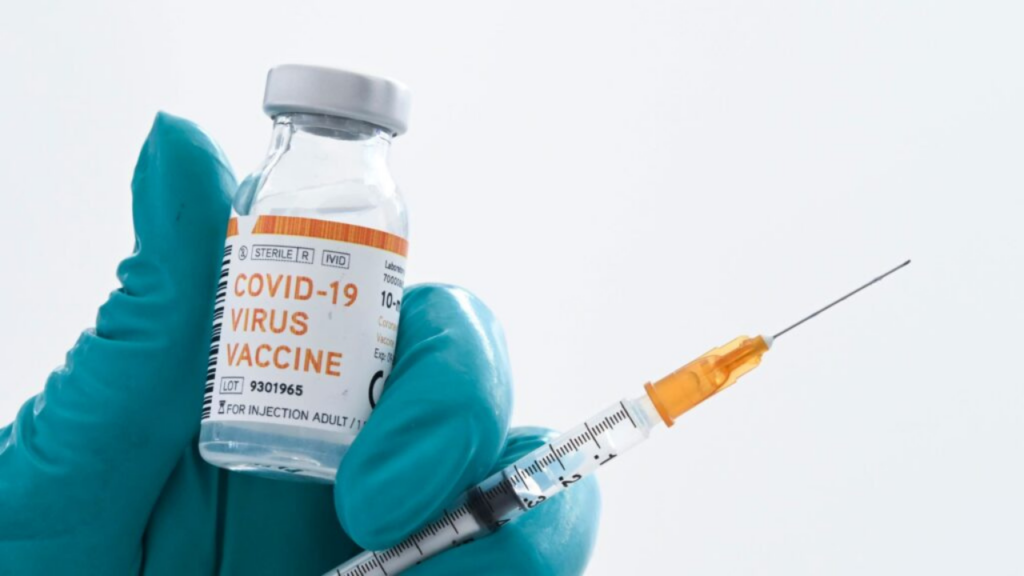
Breast cancer, a disease that affects millions of women and men worldwide, has been a focal point of medical research for decades. Thanks to relentless efforts from scientists, doctors, and advocates, significant progress has been made in understanding, diagnosing, and treating breast cancer. In this blog post, we’ll explore recent advancements in breast cancer research and the promising future treatments that offer hope to those affected by this disease.
The Current Landscape of Breast Cancer Research
Breast cancer remains one of the most common cancers globally. However, there’s reason for optimism. Over the years, advancements in technology and breast cancer research have led to earlier detection, improved treatment options, and better overall outcomes for patients.
Early Detection and Screening
One of the most critical aspects of breast cancer management is early detection. Mammography, a standard screening tool, has undergone refinements that enhance its accuracy. Additionally, researchers have explored new techniques such as 3D mammography and digital breast tomosynthesis to provide clearer images, improving the chances of identifying cancer at its earliest stages.
Personalized Treatment
Breast cancer is not a one-size-fits-all disease. Recent developments in genomic testing have allowed doctors to tailor treatment plans to an individual’s specific cancer subtype. This precision medicine approach minimizes side effects and increases the effectiveness of treatment, offering a more personalized and hopeful outlook for patients.
Immunotherapy
Immunotherapy has revolutionized cancer treatment, and breast cancer is no exception. Immune checkpoint inhibitors, such as pembrolizumab and atezolizumab, have shown promise in clinical trials, offering new options for patients with certain types of breast cancer. These drugs work by blocking mechanisms that cancer cells use to evade the immune system, allowing the body to mount a stronger defence against the disease.
Recent Breakthroughs
Now, let’s delve into some recent breakthroughs that have sparked optimism in the breast cancer research community.
Liquid Biopsies
Researchers have made strides in developing liquid biopsies, a non-invasive method to detect cancer biomarkers in blood samples. Liquid biopsies can provide real-time information about the cancer’s progression and help determine the most effective treatment strategies, reducing the need for invasive procedures and offering patients a less burdensome experience.
Targeted Therapies
Advancements in understanding the molecular drivers of breast cancer have led to the development of targeted therapies. Drugs like Palbociclib, which inhibits proteins involved in cell division, have shown impressive results in clinical trials. These therapies aim to halt cancer’s growth by specifically targeting the pathways responsible for its development.
Artificial Intelligence (AI) and Machine Learning
AI and machine learning have made their mark in breast cancer research. These technologies can analyze vast amounts of medical data to identify patterns, assist in diagnosing breast cancer, and predict treatment outcomes more accurately. This not only saves time but also enhances the precision of medical decision-making.
The Promising Future
As we look ahead, the future of breast cancer research and treatment is filled with hope and possibilities.
Immunotherapy Advancements
Immunotherapy will continue to evolve, with ongoing research focusing on refining existing drugs and developing new ones. Combination therapies, which use multiple immunotherapies or combine immunotherapy with other treatments like chemotherapy, show promise for increasing response rates.
Gene Editing
Gene editing techniques like CRISPR-Cas9 offer exciting possibilities for tackling breast cancer at its genetic roots. Researchers are exploring ways to edit cancer-causing genes or enhance the body’s ability to fight off cancer cells, potentially leading to more effective and less toxic treatments.
Early Detection Innovations
In the future, we can expect even more accurate and accessible methods for early breast cancer detection, such as blood tests or advanced imaging technologies. These innovations will help catch the disease in its earliest, most treatable stages.
Conclusion
Breast cancer research has come a long way, with significant progress in early detection, personalized treatment, and innovative therapies. Recent breakthroughs in liquid biopsies, targeted therapies, and AI-driven diagnostics offer hope to patients and their families. Looking forward, the future holds the promise of even more effective treatments and improved outcomes in the fight against breast cancer. Stay informed, get regular screenings, and support ongoing research efforts to contribute to a world where breast cancer is a manageable and ultimately conquerable disease. Together, we can make progress and bring hope to those affected by breast cancer.


